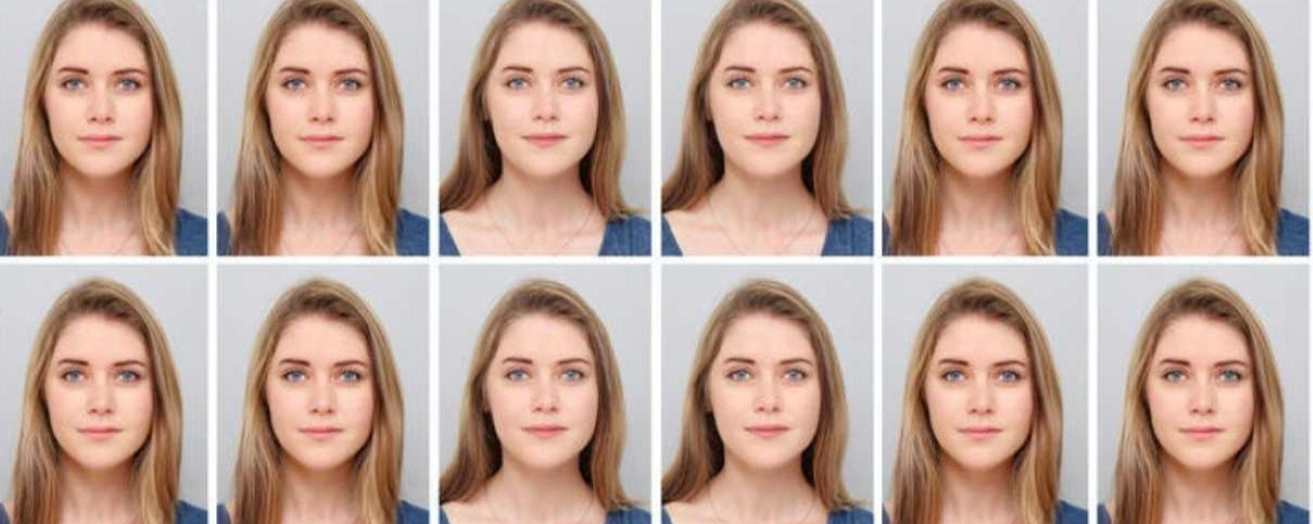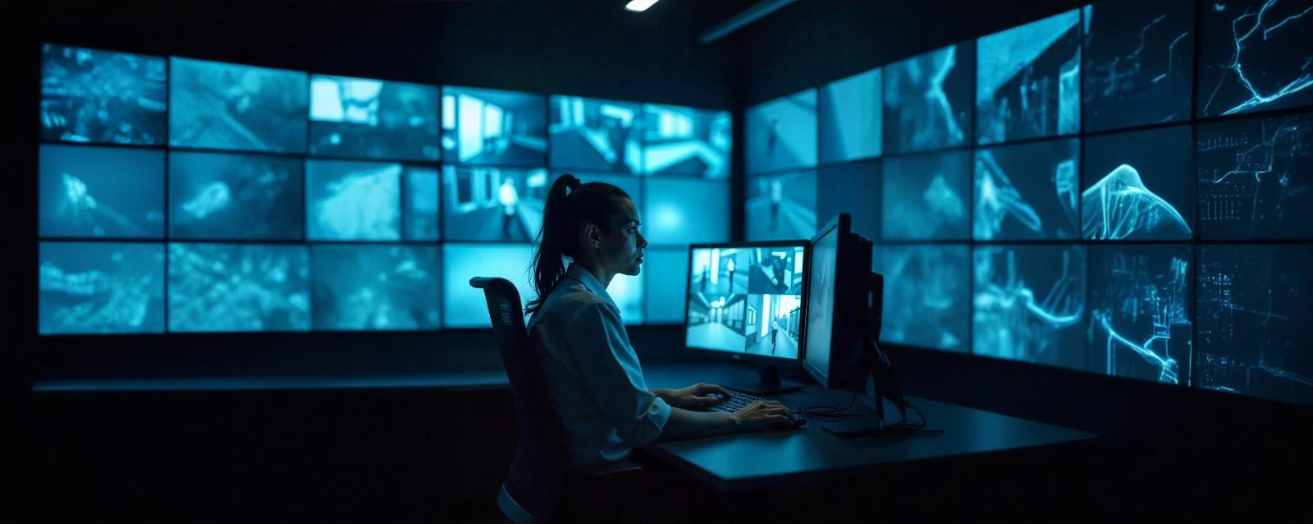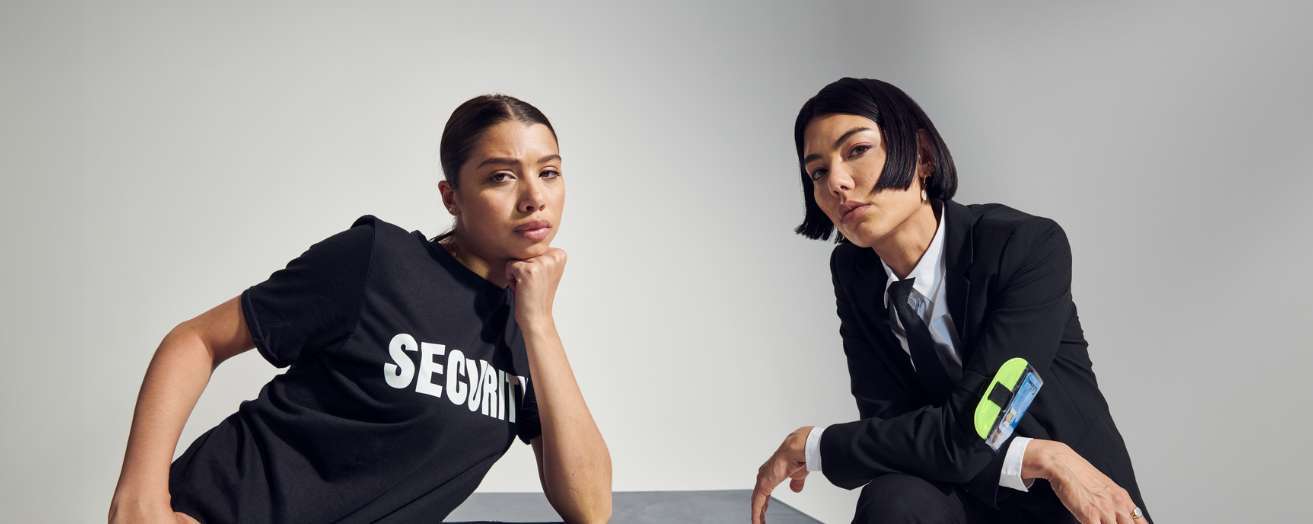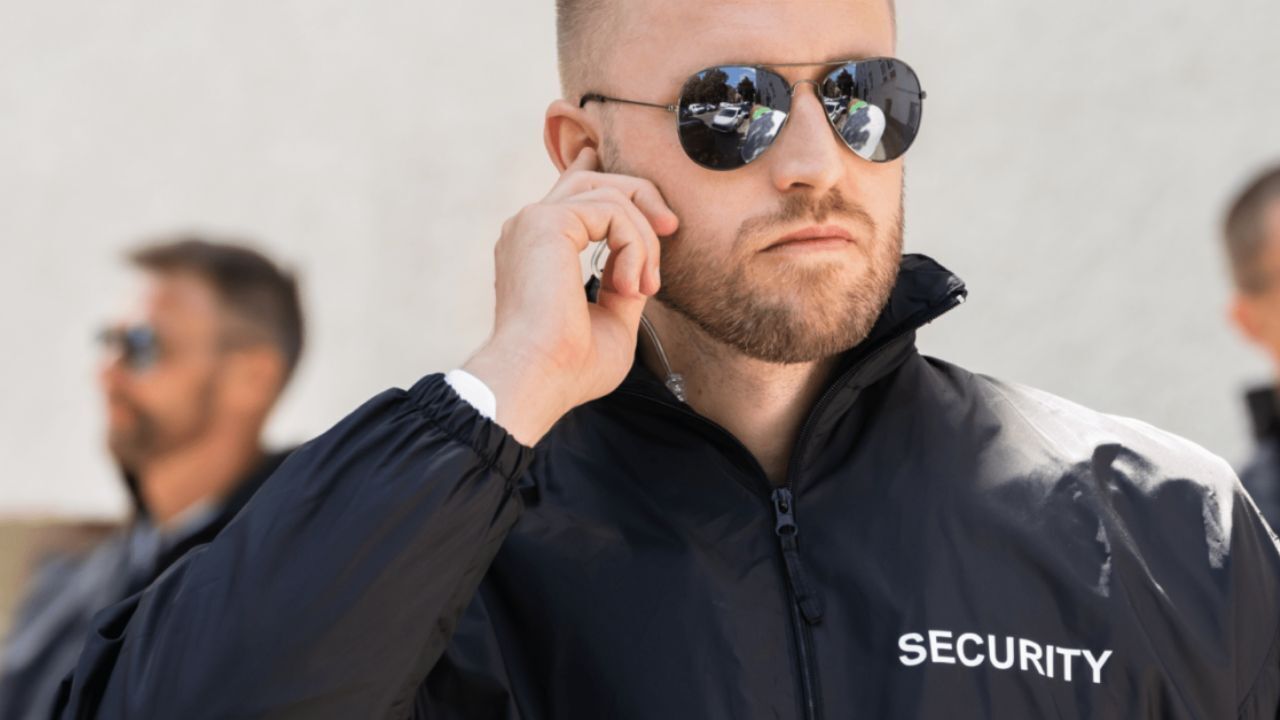Thinking of applying for a Personal Licence? As part of your application process, you will need to provide two passport-sized photos. Both of these photos must be signed, one by the applicant themselves and another by a counter-signatory.
But who can this counter-signatory be, and why is their signature so vital in your Personal Licence application? Let’s find out.
Who Is a Counter-Signatory?
A counter-signatory must be someone who is known by the applicant but not a spouse or relative. The point of a counter-signatory is to prove the identity of the person applying for the Personal Licence. This leaves various other people who you could ask to sign your photos, including a work colleague or a manager to whom you report to.

Ultimately, the counter-signatory must belong to someone who is a person of good standing in their community and works in a recognised profession. This also includes a professional who is retired from said recognised profession.
The full list of occupants that can be a counter-signatory is as follows:
- Accountant
- Articled Clerk of a Limited Company
- Assurance Agent of Recognised Company
- Bank/Building Society Official
- Barrister
- Broker
- Chairman/Director of Limited Company
- Chemist
- Chiropodist
- Christian Science Practitioner
- Commissioner of Oaths
- Councillor: Local or County
- Civil Servant (permanent)
- Dentist
- Engineer (with professional Qualifications)
- Fire Service Official
- Funeral Director
- Insurance agent (full time) of a recognised
- Company
- Journalist
- Justice of the Peace
- Legal Secretary (members and fellows of the
- Institute of legal secretaries)
- Local Government Officer
- Manager/Personnel Officer (of Limited Company)
- Member of Parliament
- Merchant Navy Officer
- Minister of a recognised religion
- Nurse (SRN and SEN)
- Officer of the armed services (Active or Retired)
- Optician
- Person with Honours (e.g. OBE MBE etc)
- Photographer (Professional)
- Police Officer
- Post Office Official
- President/Secretary of a recognised organisation
- Salvation Army Officer
- Social Worker
- Solicitor
- Surveyor
- Teacher, Lecturer
- Trade Union Officer
- Travel Agency (Qualified)
- Valuers and auctioneers (fellow and associate members
- of the incorporated society)
- Warrant officers and Chief Petty Officers
What Other Requirements Must a Counter-Signatory Hold?
Your counter-signatory must live in the UK and hold a current British or Irish passport.
Does the Counter-Signatory Just Sign the Photo?
No. Along with their signature, the counter-signatory must also declare that they have known you for more than 2 years and that you are who you claim to be. This can be done by adding the following statement, along with their signature, on the back of the photo:
“I certify that this is a true likeness of (XYZ)”
Finally, the statement must be dated, along with a signature from the counter-signatory. This will complete your Personal Licence application and you will be ready to send off the application.
How to Get a Personal Licence
The Personal Licence Training Course teaches individuals about the law and legal responsibility of being a licence holder and is part of the process for obtaining a Personal Alcohol Licence. Once you have passed the Personal Licence Course, you will then be able to apply for a Personal Licence.
If you want to save yourself the hassle of applying for a personal licence, check out Get Licensed’s Easy Apply option. It provides peace of mind and is perfect for people with busy schedules or who prefer to leave these types of processes in the hands of professionals.

Additionally, we offer a complete APLH training course to help you prepare. Learn more about the APLH licence exam and application process, and access all the resources you need to successfully get an APLH licence.
Partner with Get Licensed to get your APLH licence at the earliest! Explore our SIA security courses for more information about our training programmes.












